Artificial Intelligence has already picked the winner of the ongoing FIFA World Cup in Qatar. Adarsh takes you through how the winner was decided!
Remember Paul the Octopus? The celebrity cephalopod became famous during the 2010 FIFA World Cup for its ability to correctly predict the winners for all the knockout matches, including the final. Well, Paul may have passed away, but we have a better, more accurate predictor on our hands!

With technology at the forefront of everything we do these days, artificial Intelligence is leading the way to predict the victors of the ongoing World Cup in Qatar.
Frank Andrade’s Python Method
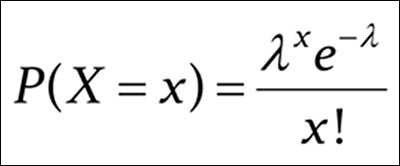
Andrade’s method is based on the Poisson distribution. Poisson is a discrete probability distribution that describes the number of events occurring in a fixed time interval or region of opportunity.
How does it work?
In simple words, the method looks at a match as an event of 90 minutes where any number of goals can be scored by Team A and Team B. It makes 4 assumptions:
- The number of goals can be counted.
- The occurrence of each goal does not affect the probability of another goal.
- The probability of a goal occurring at any specific time interval is constant.
- Two goals cannot happen at the same time.
Now while assumptions 1 and 4 are always true, 2 and 3 are only partly true. Using this formula and data from 1930 to 2018, Andrade calculated the average goals scored and conceded by every national team at the current World Cup.
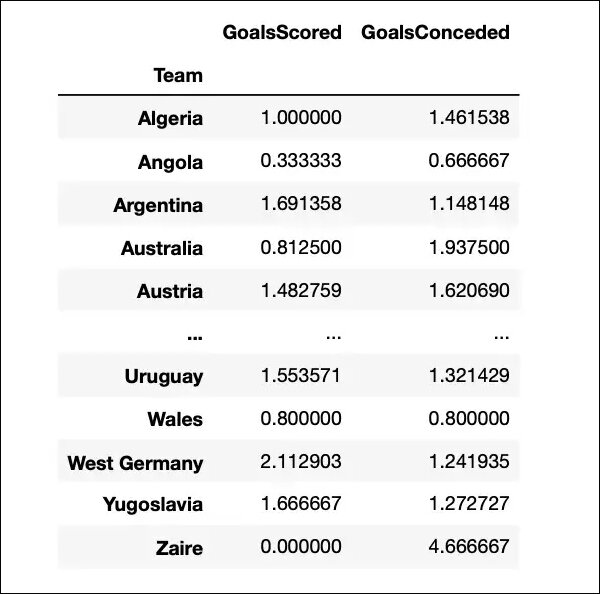
Home advantage, nah!
Usually, home advantage is also a factor but since 31 of the teams (except Qatar) are playing in a neutral venue, that was not factored in. Andrade used 0-0 as the base score line and 10-10 as the maximum possible score for each match and thus predicted the group stages.
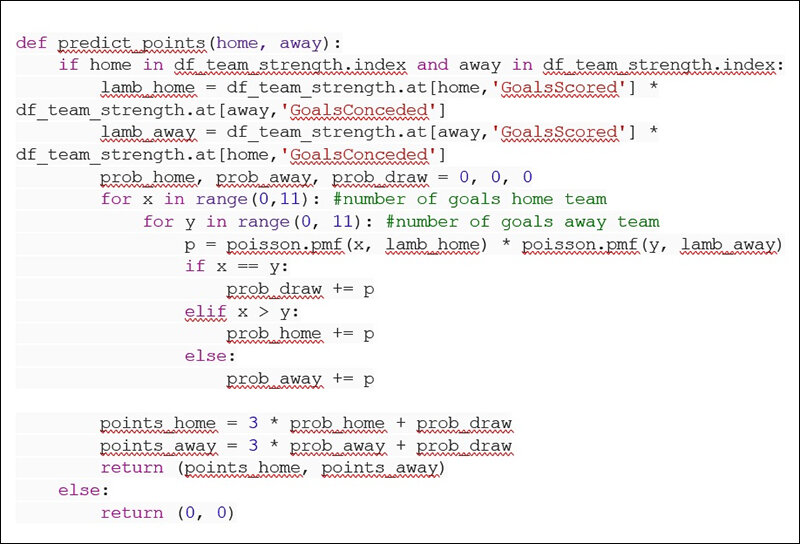
In the knockout matches, the points do not matter, only the winner and thus he picked the winner for each round up until the final. And in the final, the winner is… no surprises there… Brazil again!
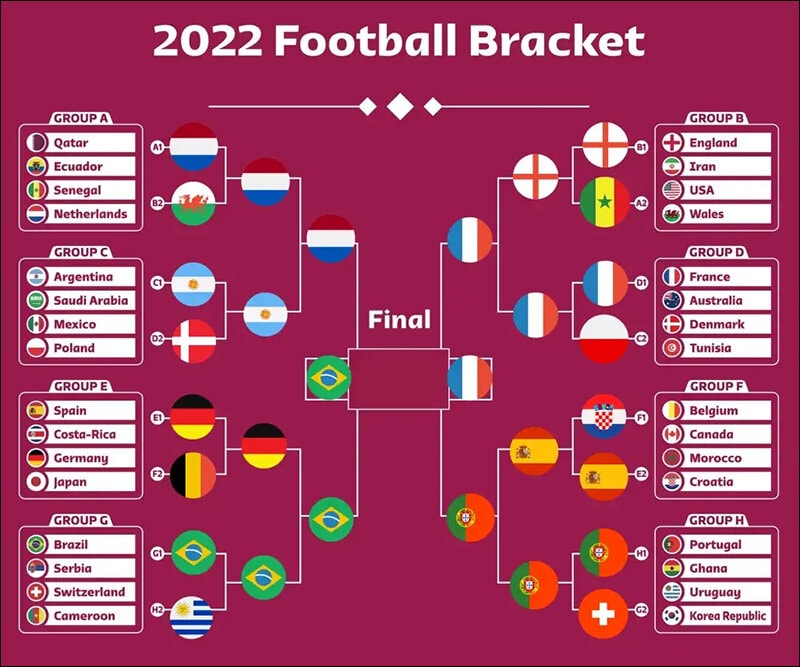
Here’s a video that explains Andrade’s elaborate method:
Alan Turing Institute Model
Nick Barlow is a senior research software engineer at the Alan Turing Institute in London. He and his colleagues were quite excited about the World Cup and could not wait until the end of the tournament to find out who finally won it. So they decided to run a formula on their computer and find out for themselves!
They developed a statistical model with data from over 1000 tournaments from the last few decades. The algorithm is based on AIrsenal, developed by the same team in 2018 for playing Fantasy Premier League.
It takes around 15 minutes to run on a supercomputer. A common method used for domestic league matches gives each team a score for their attack and defense. Based on this, a winner is calculated for each match.
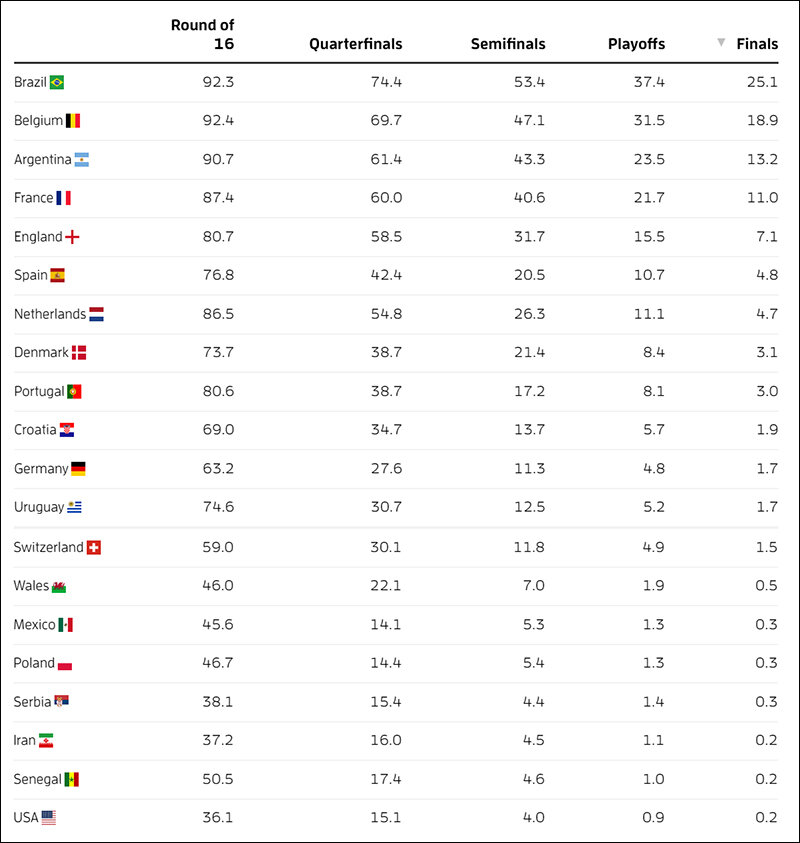
If AI is to be believed…
To make it accurate, Barlow eliminated home advantage as none of the teams except Qatar would have that during the current World Cup. And realistically speaking, Qatar do not really stand a chance against the other teams in its group. More weightage is also given to bigger matches like finals and semifinals, and the weightage is also more for more recent results.
Based on all these details, Barlow and friends ran the formula 10,000 times and according to their formula, Brazil showed up as tournament winners 16% of the time.
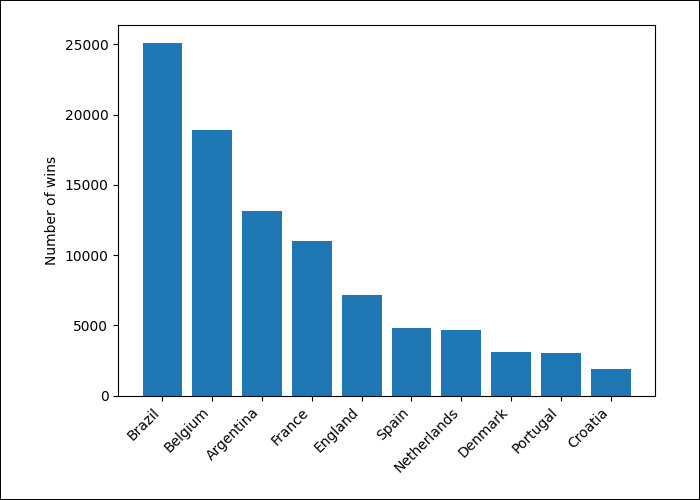
Who’ll lift the trophy?
In fact, if you are interested, you too can try out the formula and see if your result matches Barlow’s. Just click on the link here!
A similar model from Achim Zeileis and his colleagues at the University of Innsbruck in Austria also finds Brazil as the winners, putting their chances at 15%.
So there you have it. As far as artificial intelligence and technology is concerned, Neymar and Co. will be lifting Brazil’s 6th World Cup trophy on December 18th. Is it really going to come true? Only time will tell!
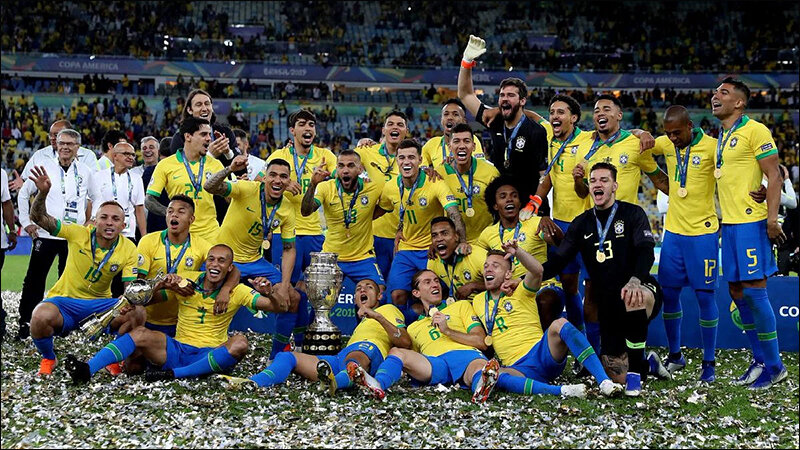
Interested in predicting the winner yourself? Click this link and figure out who will win the World Cup according to your predictions!
In case you missed:
- Why are Companies resorting to Office Peacocking?
- How AI helped us find Plato’s Burial Site
- Apple Intelligence to increase Global Reach with Multilingual Support
- Presenting Gemini Live, Google’s Response to ChatGPT Voice
- The World’s First Global AI Treaty Signed in Vilnius
- How Meta AI stopped Lucknow Woman from committing Suicide
- 5 Free AI Assistants To Make Your Life Easier
- AI Chaos: Why OpenAI, Google and Microsoft Keep Shifting Strategies
- OpenAI is now Focussing on Superintelligence!
- Presenting Claude, ChatGPT’s Competitor which is apparently Better!
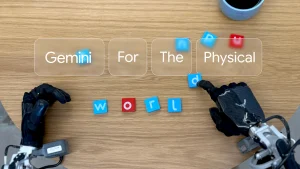


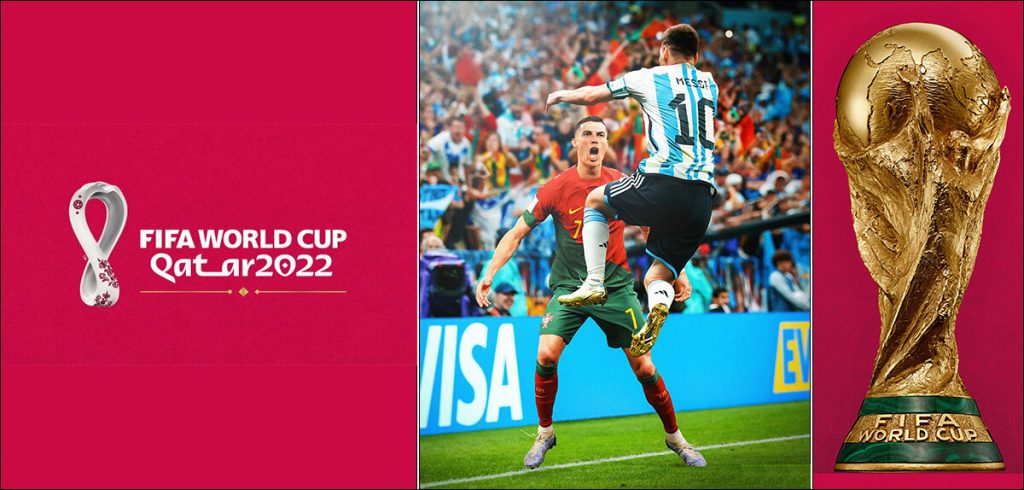
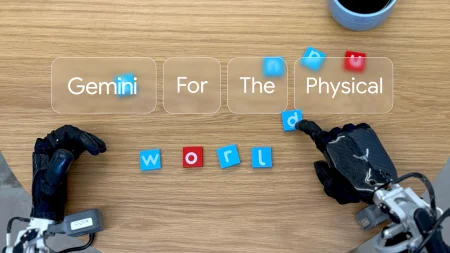

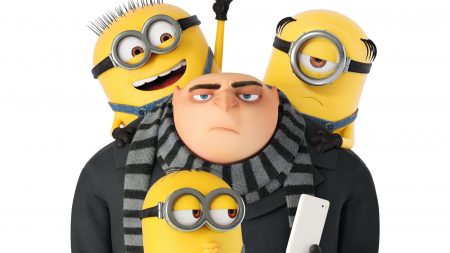



17 Comments
Interesting article, an Oxford ai simulator had Brasil as the winner…
Yes, almost everyone is predicting Brazil as winners!
I would have also been more interested in how AI helps with better predictions. If not accurate through examples or metaphors. You started with AI but the article doesn’t tie back.
The idea was to explain how AI prediction works in a way that everyone understands. The formula is mentioned in the article.
very nice…
elaborate…
Thank you!
Sounded a bit complex to me.. I am not a maths/programming guy…
I tried my best to simplify. Will keep your feedback in mind going forward.
Very interesting.
Glad you liked it!
Very interesting
Thank you!
The article was a bit technical but interesting use case.
I do not agree with the article… Technology predicting the winner…there are many other dynamics in matches like health and fitness of players…wind direction at a particular time…
Time will tell, George.
Very interesting article
Let’s see if the AI gets it right…